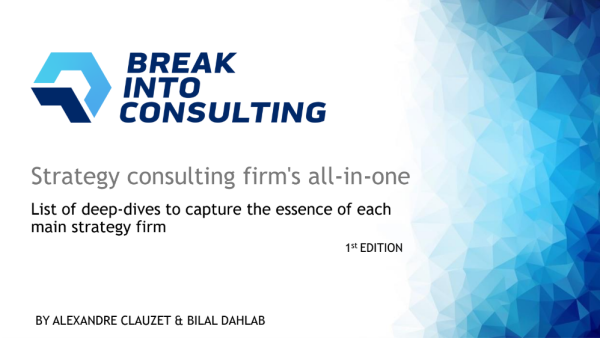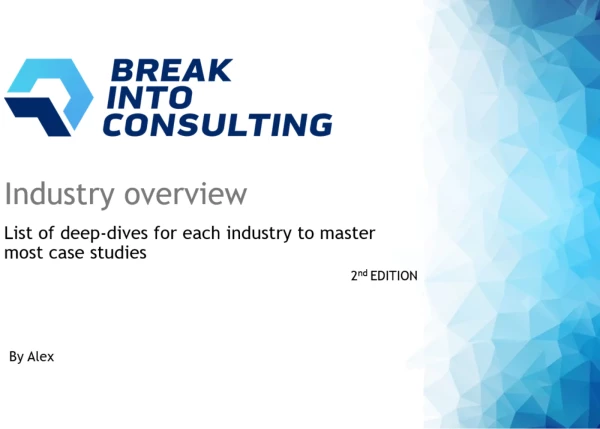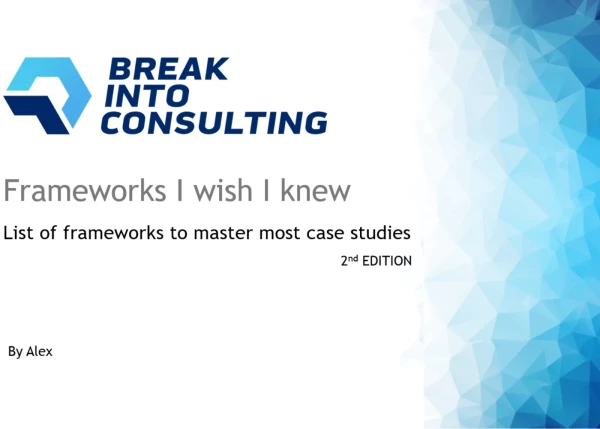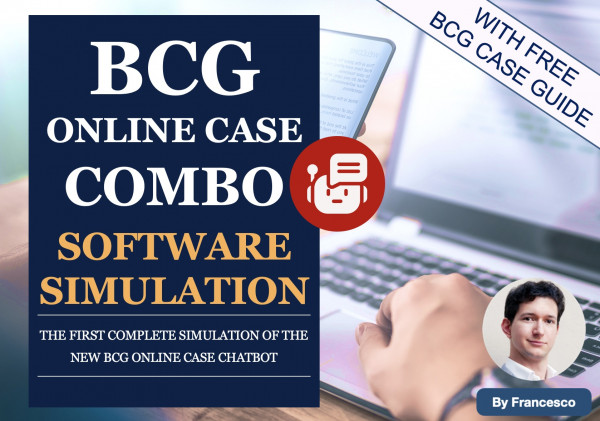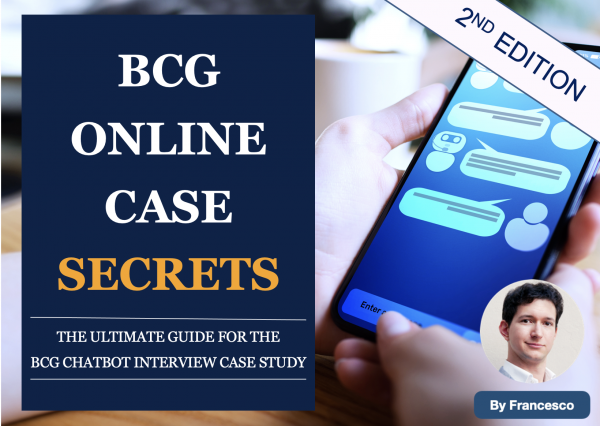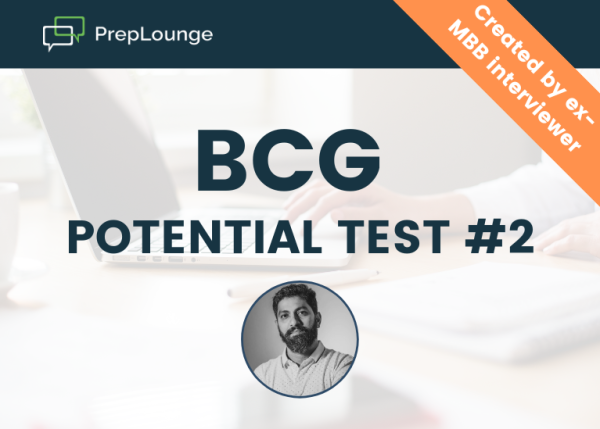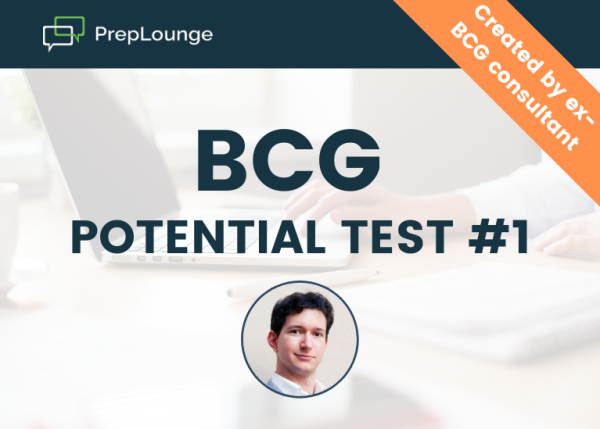Starting as a Post-MBA associate at BCG
I suffer from ADHD and I am worried that this will impact my performance, it has previously done so. Good thing is I’m medicated. I would like to get a real breakdown on:
1- what am I assessed for at BCG
2-by who
3-the time line of the reviews
4-best advice for post MBA’s
best





